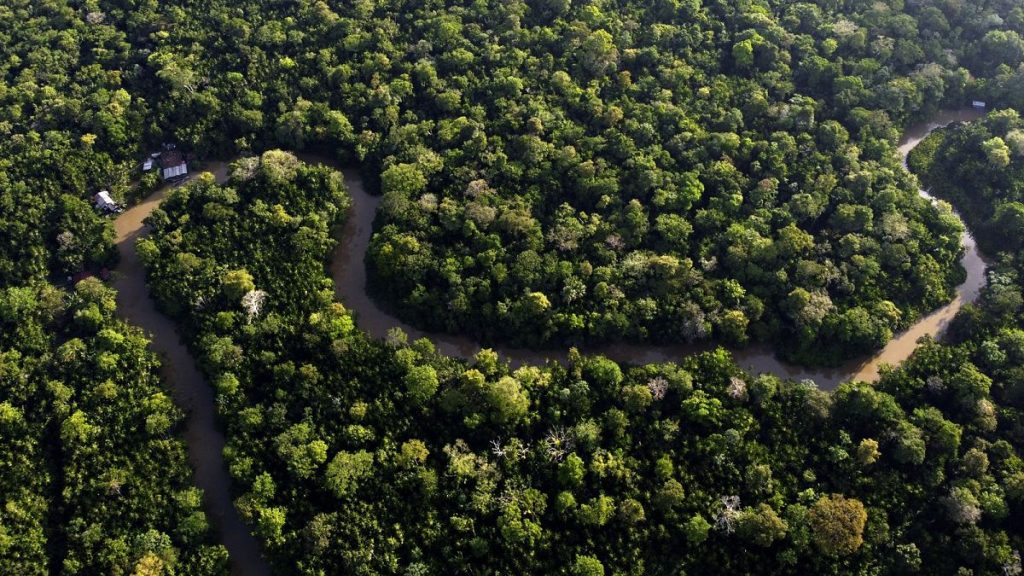The European Commission has decided to delay the implementation of the deforestation law by 12 months in response to pressure from the industry and global partners who have expressed concerns about the lack of preparedness to comply with the law. The Commission has also released guidance to provide additional clarity to companies and enforcing authorities to help with the application of the rules. The extension of the implementation timeline does not question the objectives or substance of the law, and the Commission plans to develop new guidance, including a single point of contact for IT support, support for testing geolocation files, and detailed multilingual user instructions during this extra phase-in time. Additional legislation will also be proposed by the EU executive by June 30, 2025, following dialogues with the most concerned countries.
The Deforestation Regulation, initially set to begin on December 30, has faced pressure from various stakeholders, including industry, political groups, and countries affected by exports, who claim that the Commission has not provided adequate guidance to assist companies during the transition phase. Concerns about preparedness have been raised by global partners, particularly during the UN General Assembly week in New York, as well as by business operators within the EU. While some operators are confident they will be ready in time, others have expressed worries about their readiness for compliance with the law. The delay in the implementation has been described as an “inevitable consequence of the significant delay by the Commission in sharing guidance to support companies” by an EU diplomat, highlighting the challenges faced in preparing for the new regulations.
MEP Pascal Canfin has linked the backlash against the deforestation law to intense lobbying from countries producing commodities at risk of deforestation, such as Brazil and Indonesia, as well as agri-business giants. Canfin believes that the resistance to the law indicates that it effectively addresses the root cause of deforestation in areas where it is prevalent. However, outgoing EU High Representative of Foreign Affairs Josep Borrell has acknowledged the struggles in implementing the law and has advised caution in not alienating important partners like Brazil, Indonesia, and West African countries. Borrell emphasized the importance of calibrating economic diplomacy measures, discussing changes with partners beforehand, and gradually implementing them to allow partners to adjust to the new regulations.
The Deforestation Regulation, adopted by EU countries in June 2023, requires suppliers to certify that their goods, including soy, beef, coffee, palm oil, rubber, cocoa, wood, and derivatives like leather and furniture, are not sourced from deforested areas. The delay in implementation has been attributed to the lack of guidance provided by the Commission, leading to concerns about the readiness of businesses to comply with the law. The extension of the timeframe aims to address these issues by offering additional support and guidance to ensure a smoother transition for companies affected by the regulations. In addition, the EU executive plans to propose further legislation by June 2025 after engaging in dialogues with key countries impacted by the deforestation law.
Despite the challenges faced in implementing the deforestation law, the European Commission remains committed to the objectives and substance of the legislation. The decision to delay the implementation is seen as a necessary step to address concerns raised by industry stakeholders and global partners about the lack of preparedness and guidance. By offering additional support and guidance during the extended phase-in period, the Commission aims to facilitate compliance with the regulations and ensure that businesses are adequately equipped to meet the requirements of the Deforestation Regulation. Moving forward, the EU executive will continue to engage with key countries and stakeholders to address the issues surrounding deforestation and work towards a sustainable and environmentally-friendly trade system.


